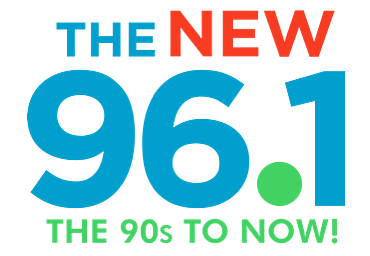
What’s Missing from Your Diet?
(Family Features) At a time when the country is facing an obesity epidemic, the problem of nutrition inadequacy is often overlooked. Many people are falling short on key nutrients - shortages that could put their health at risk.
A new study, called "What America's Missing," which analyzed government food consumption survey data, indicates that nine out of 10 Americans fall short of key nutrients in their diet. The report identifies a total of 11 "gap nutrients," including calcium, vitamin D and potassium - three of the "nutrients of concern" identified in the 2010 Dietary Guidelines Advisory Committee's report.
"The nation's nutrient shortages are directly linked to the under-consumption of the specific foods and beverages that supply these nutrients, such as fruits, vegetables, whole grains and lowfat milk," said registered dietitian Elisa Zied, MS, RD, CDN author of "Feed Your Family Right!" and "Nutrition at Your Fingertips."
What's so important about these three nutrients of concern?
* Calcium: Helps build and maintain strong bones and teeth
* Vitamin D: Promotes the absorption of calcium for healthy bones
* Potassium: Helps regulate the balance of fluids in your body
A serving of milk offers nine essential nutrients and is the single greatest source of calcium, vitamin D and potassium in the American diet - no other food contributes more of these essential nutrients. Yet, on average, Americans today are drinking only about a single serving of milk each day - falling far short of the recommended three 8-ounce servings (or 2 servings for children ages 8 and younger). The milk gap starts around age nine and continually gets wider, especially among adolescent girls and women.
"Milk, in particular, is something that's likely already in your refrigerator," Zied said. "So it's not too difficult to think about adding just one more serving a day. Also, the idea of 'pouring one more' can be accomplished in several ways - whether you're filling up a glass with lowfat or fat fee milk, adding it to cereal or oatmeal, drinking a latte or making a smoothie."
Thanks to milk's unique nutrient package, pouring even just one more serving each day would shrink the gap for 10 of the 11 gap nutrients as defined in the study and completely close the gap for calcium, vitamin B6 and vitamin B12.
"It's not that difficult to make a few simple changes to fix these widespread shortages," said Zied. "That's why I like the concept of just 'pouring one more.' It's a small, achievable change that could make a big difference."
#10448_AR
Source: MilkPEP
More From The New 96.1 WTSS









